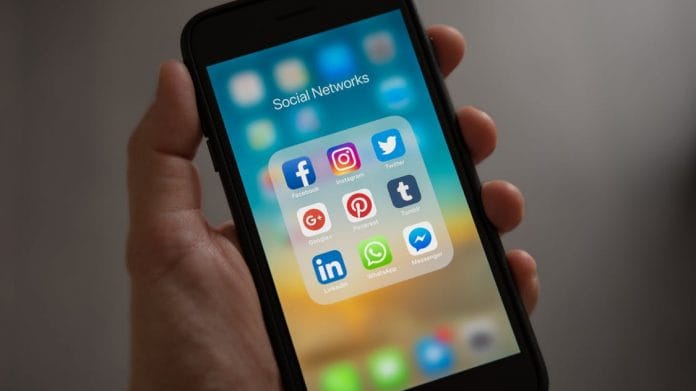India needs to take a page from Australia’s book and limit children’s access to social media. Prime Minister Anthony Albanese’s government wants to introduce legislation that will ban children under 16 from social media, and hold platforms responsible for any violations. India should consider this as well.
Social media addiction is resulting in the adultification of children, robbing them of their childhood. Multiple studies have shown that children and adolescents who spend hours on social media are more likely to experience anxiety, depression and disturbed sleep cycles. They can also fall prey to cyberbullies and sexual predators.
The proposed legislation is an attempt to protect children from these eventualities. It will allow them to reclaim their childhood–through physical activity and making friends in the real world.
Social media addiction is normalising unacceptable behaviour as children addicted to reels keep looking for the next dopamine hit.
Take this instance. A Bengaluru-based social media influencer described how a 10-year-old boy approached her on his bicycle, said hi, and grabbed her breasts before riding away. The woman also narrated that many bystanders chose to empathise with the boy and asked her to spare him because he was a “kid and must have done that unintentionally.”
But who will hold parents accountable? Many platforms like Instagram do not allow children under 13 to open accounts. And the handles of adolescent users are often made private by the app itself. But that hasn’t stopped the rise of teenage and tween influencers—from budding fashionistas to the devout, many of these accounts are run by parents themselves.
In Australia, Albanese is facing pushback from academics and child rights organisations who describe his blanket ban as “too blunt an instrument”. It won’t solve the problem–which is the need to create ‘safe spaces’ for children online. A ban will not incentivise companies to create such platforms.
Children on social media
In today’s digital age, childhood innocence seems like a relic of the past. Social media platforms are overrun with children putting up content that should appeal only to adults. Ten to 12-year-olds are talking about relationships, dressing up like adults in Get Ready With Me videos, and acting out heartbreak scenes (as if they’ve experienced them).
A trio of children from Meerut, who I stumbled upon on Instagram, often lip-sync to sappy songs and act out melodramatic proposal scenes.
What’s worse, perhaps, is how much people ‘adore’ such content. One of their most popular videos, where one of the children plans a birthday surprise for a friend and even kneels to propose, has racked up over 112 million views.
Is it really okay for a 10-year-old to make romantic videos for views? Even if their parents or older siblings are managing these accounts, these children are being exposed to a world they’re not mature enough to handle.
Also read:
No safe space
Social media is no longer just a platform for harmless entertainment. Challenges and influencer trends glorify everything from excessive dieting to risky stunts, and the algorithm ensures their virality.
Social media is now a disturbing guidebook for self-destruction, and children are too vulnerable to the danger behind this glamourised façade. Even adults should exercise caution now.
The comment sections of kid influencers, often flooded with hate comments, abuses and threats, are testimony to the serious risks children today are being exposed to.
Childhood should be a phase of exploration, learning, and innocence—not a race for likes and followers.
Views are personal.
(Edited by Zoya Bhatti)







Finally an article of substance from Ms. Triya Gulati.
I second your thoughts on this issue. No access to social media for under-18 age group.